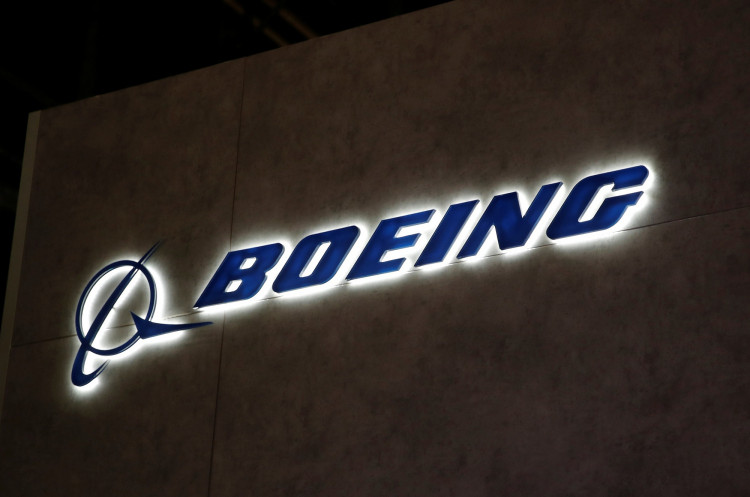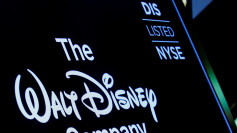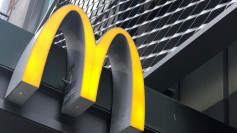Boeing Co. is grappling with renewed financial strain, scrapping its previous forecast to generate cash flow this year. Instead, the aerospace giant anticipates another significant outflow in the second quarter, as it battles multiple challenges in its efforts to ramp up production and deliveries. Chief Financial Officer Brian West highlighted the dire situation at a recent Wolfe Research conference, projecting that the second quarter's cash burn could be worse than the nearly $4 billion expended in the first quarter.
West had previously warned of a "messy" second quarter with a sizable cash outflow, but the latest predictions underscore the manufacturer's escalating difficulties. The company's predicament is exacerbated by China's demand for additional certification on certain aircraft parts, which has stalled deliveries to one of Boeing's critical markets, further darkening its financial outlook.
The impact of these setbacks was immediately felt in the stock market, with Boeing shares dropping as much as 6.7%-the biggest intraday decline in nearly four months. This slump reflects the deepening crisis facing the U.S. planemaker, which has been under intense scrutiny following a near-catastrophe involving a 737 Max 9 plane in January. The incident highlighted persistent quality and safety issues at Boeing's factories, leading to the departure of its chairman, CEO, and head of its commercial unit.
In April, West had optimistically forecasted that Boeing would generate free cash flow "in the low single-digit billions" for the full year, buoyed by an anticipated increase in deliveries. However, the unexpected demands from China's Civil Aviation Administration for additional documentation on cockpit voice recorder batteries have halted aircraft deliveries to China, mirroring the numbers seen in the first three months of the year.
The halt in deliveries to China represents a significant setback for Boeing, which had only recently resumed sending new aircraft to the country after a five-year hiatus. Delivering the 737 Max to China is crucial for Boeing, not only to generate cash but also to reduce its inventory of built aircraft that have been grounded due to regulatory and pandemic-related delays.
Despite the grim outlook, West remains cautiously optimistic about Boeing's long-term recovery. "Our operational and financial performance is going to get better, and it's going to accelerate as we go through the third and fourth quarter," he asserted. However, he acknowledged the long road ahead, emphasizing the need for disciplined execution.
Boeing continues to aim for certification of its 777X widebody model by 2025, despite customer concerns over potential further delays. Additionally, the company is addressing part supply issues with its 787 model, including problems with heat exchangers and seats, although these are not expected to disrupt the overall delivery schedule.
The first-quarter cash burn led Moody's Ratings to downgrade Boeing's credit grade to the edge of junk status. In response, Boeing raised $10 billion through a bond sale. West stated that the company is committed to maintaining its investment-grade credit rating while also working towards a resolution with Spirit AeroSystems Holdings Inc., its key supplier.
Boeing is scheduled to present a 90-day plan to the Federal Aviation Administration (FAA) by the end of May, detailing measures to address quality control issues highlighted by recent safety incidents. West described the plan as a long-term investment in the company's future, beneficial to its customers and the broader industry.
S&P Global Ratings analyst Ben Tsocanos commented on Boeing's revised cash flow forecast, noting that the situation is worse than expected. Boeing's credit rating stands at BBB-, just one notch above junk status, with a negative outlook. Tsocanos emphasized the importance of Boeing's progress towards stabilizing aircraft production as a critical factor for future financial health.






